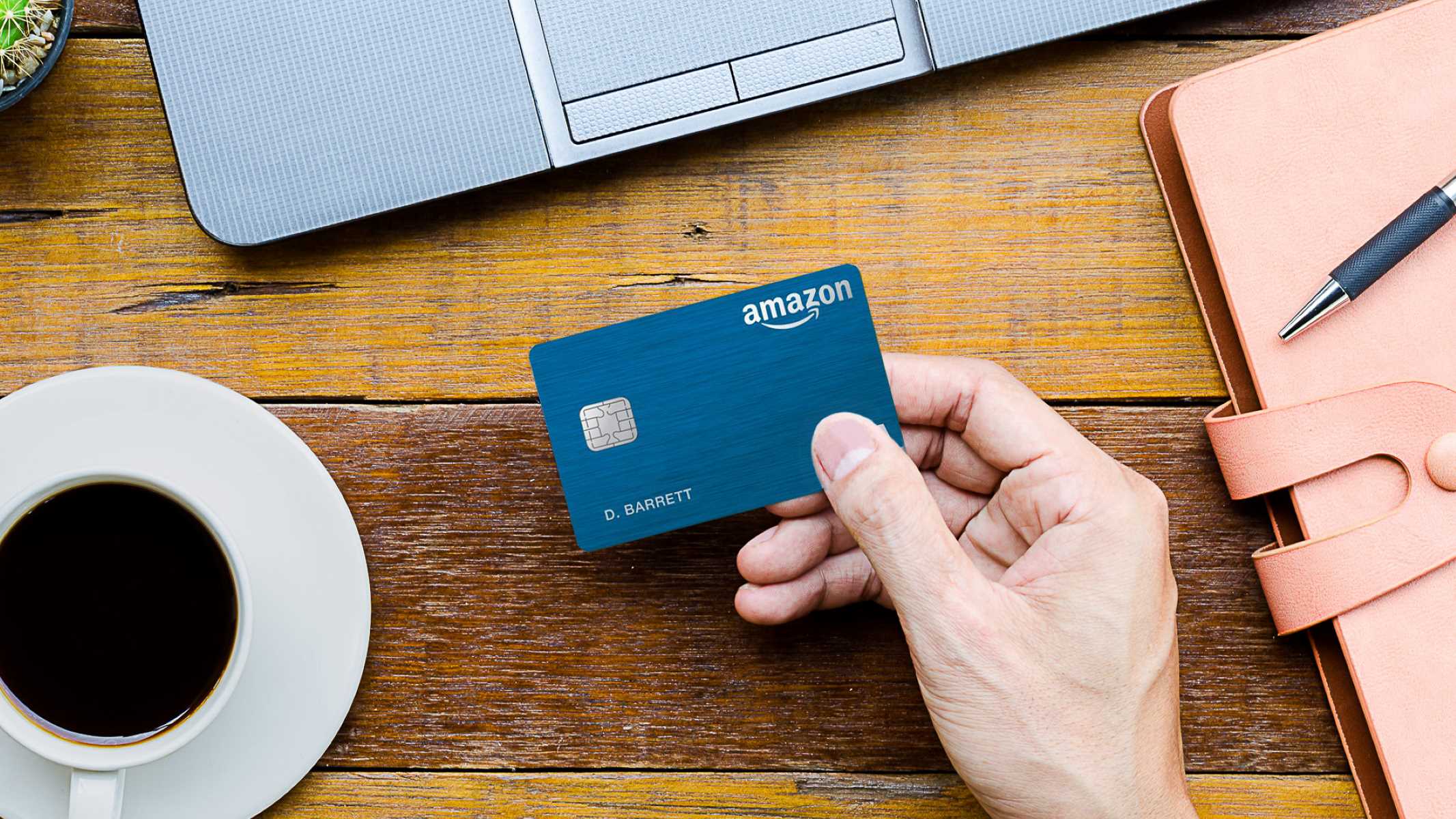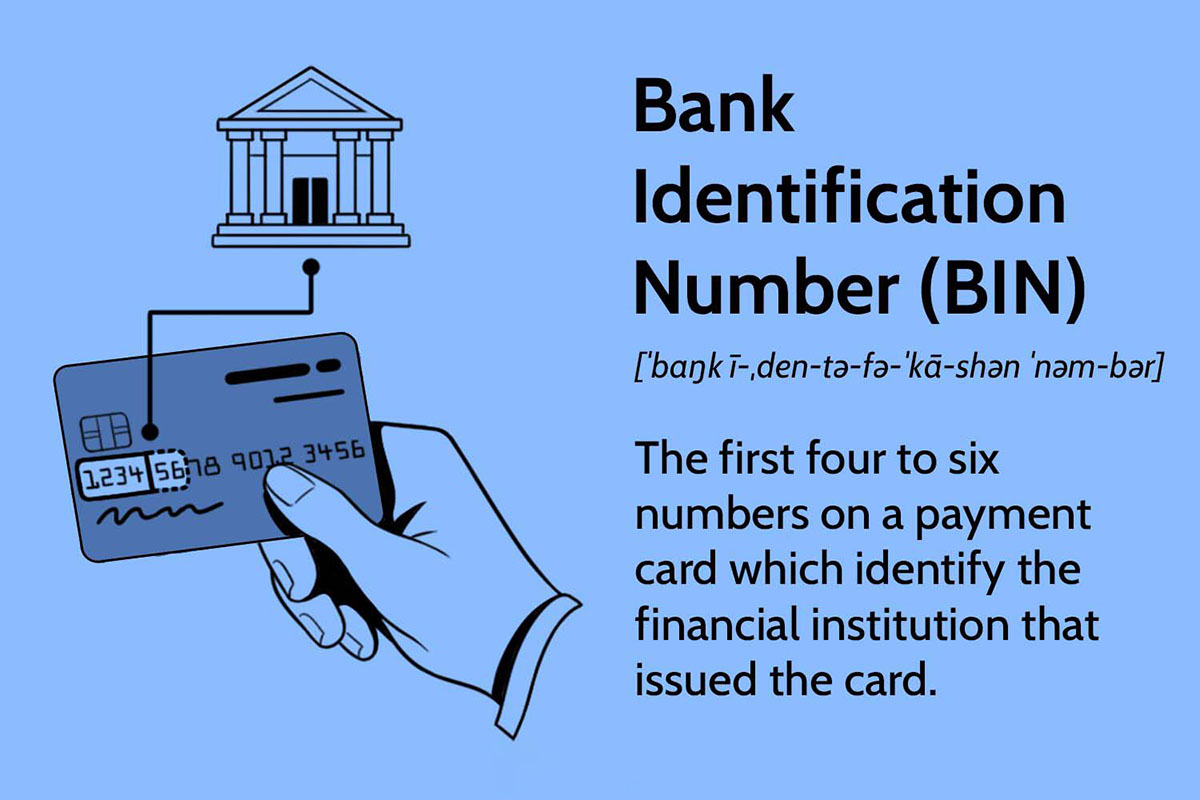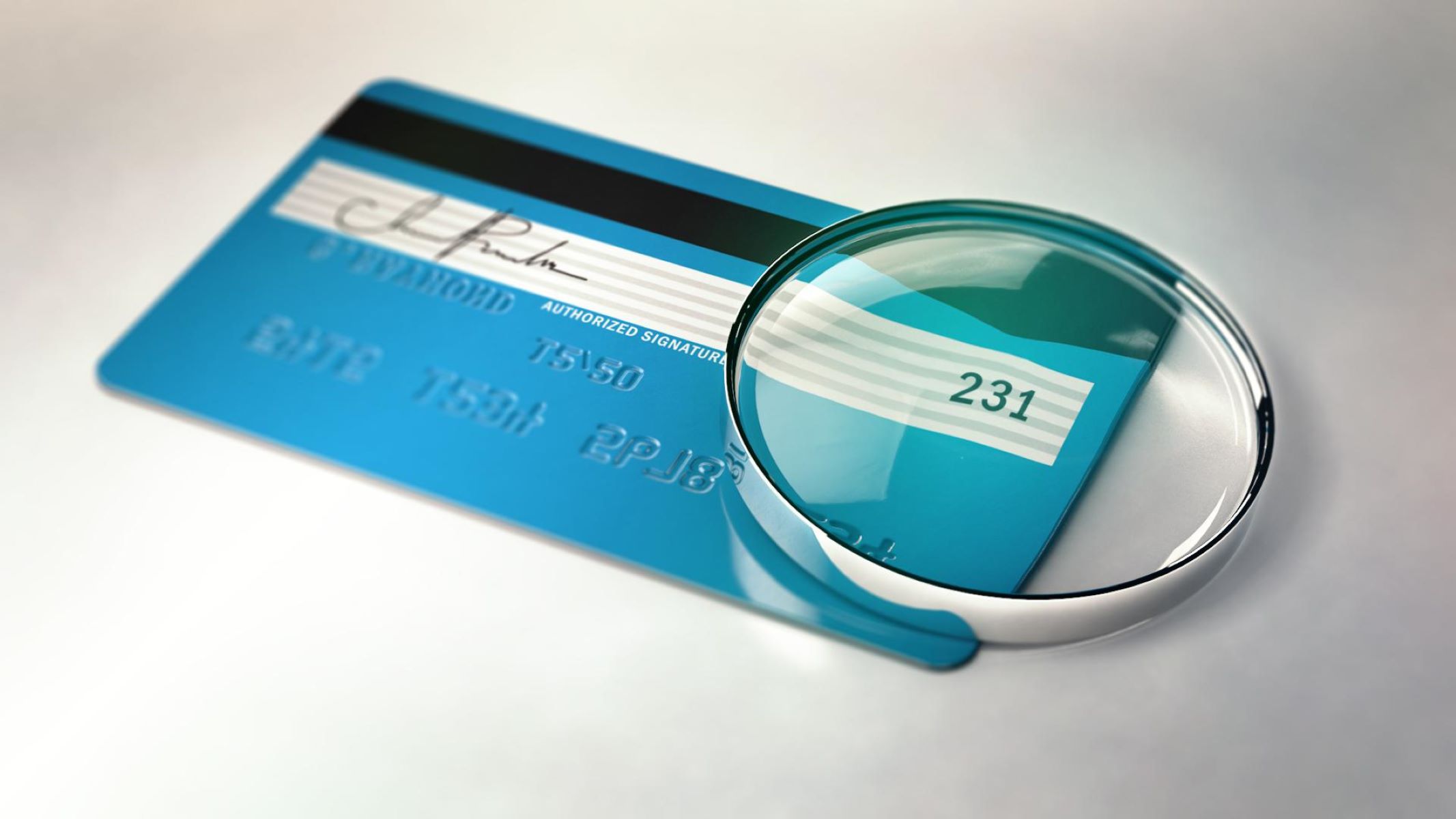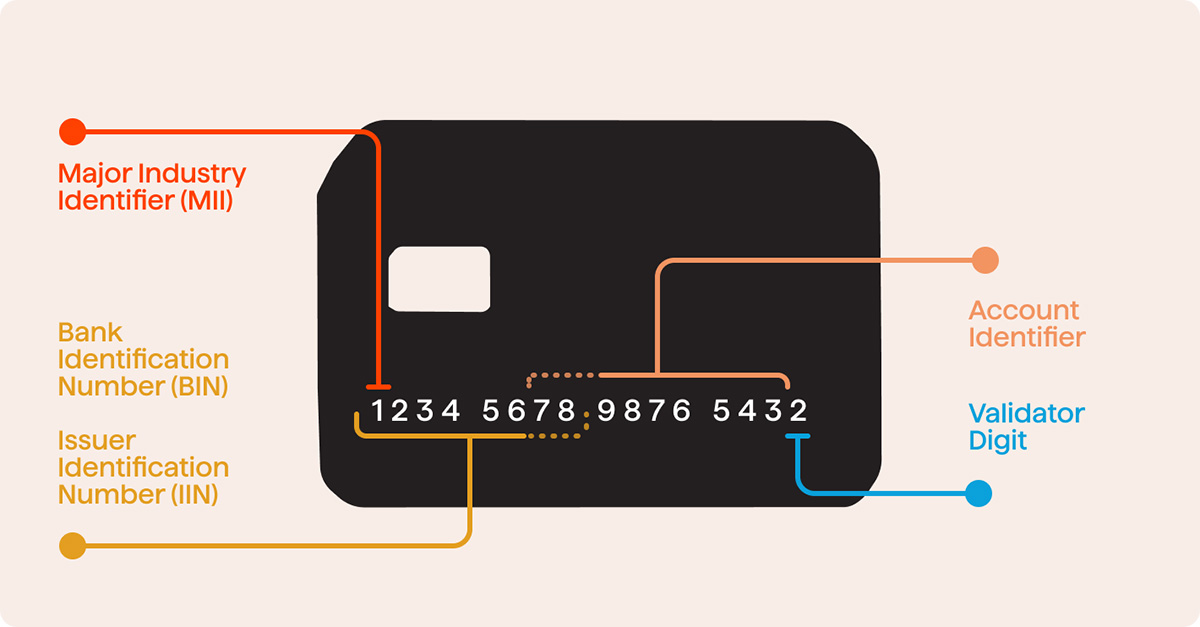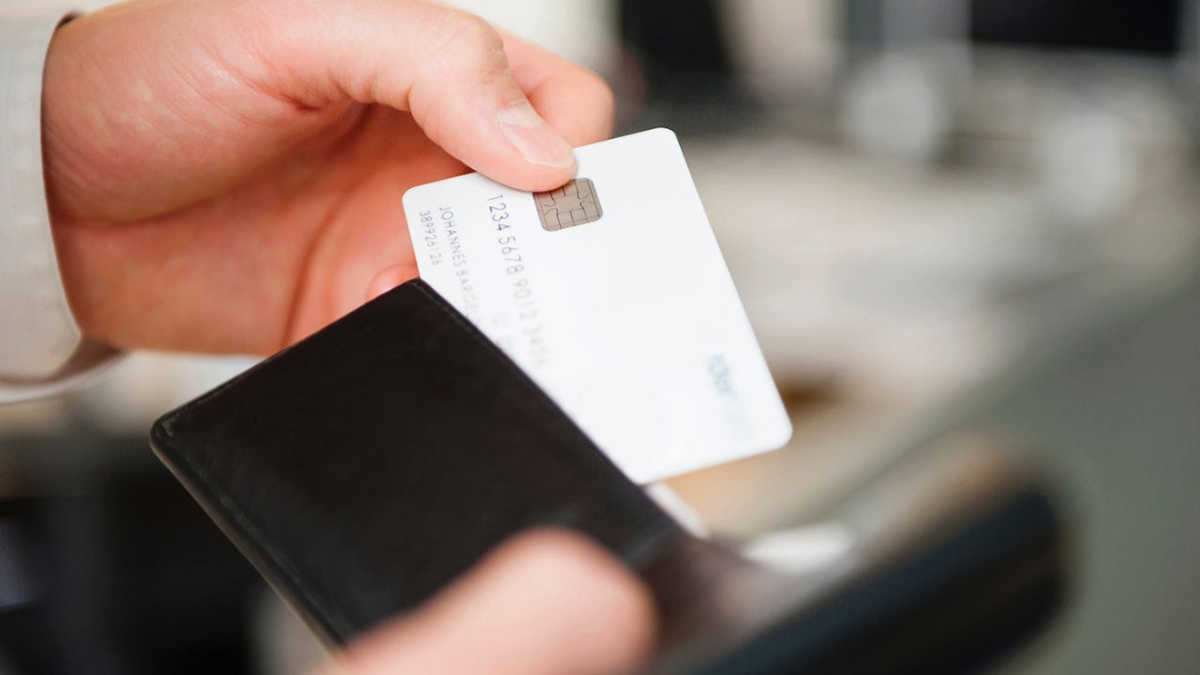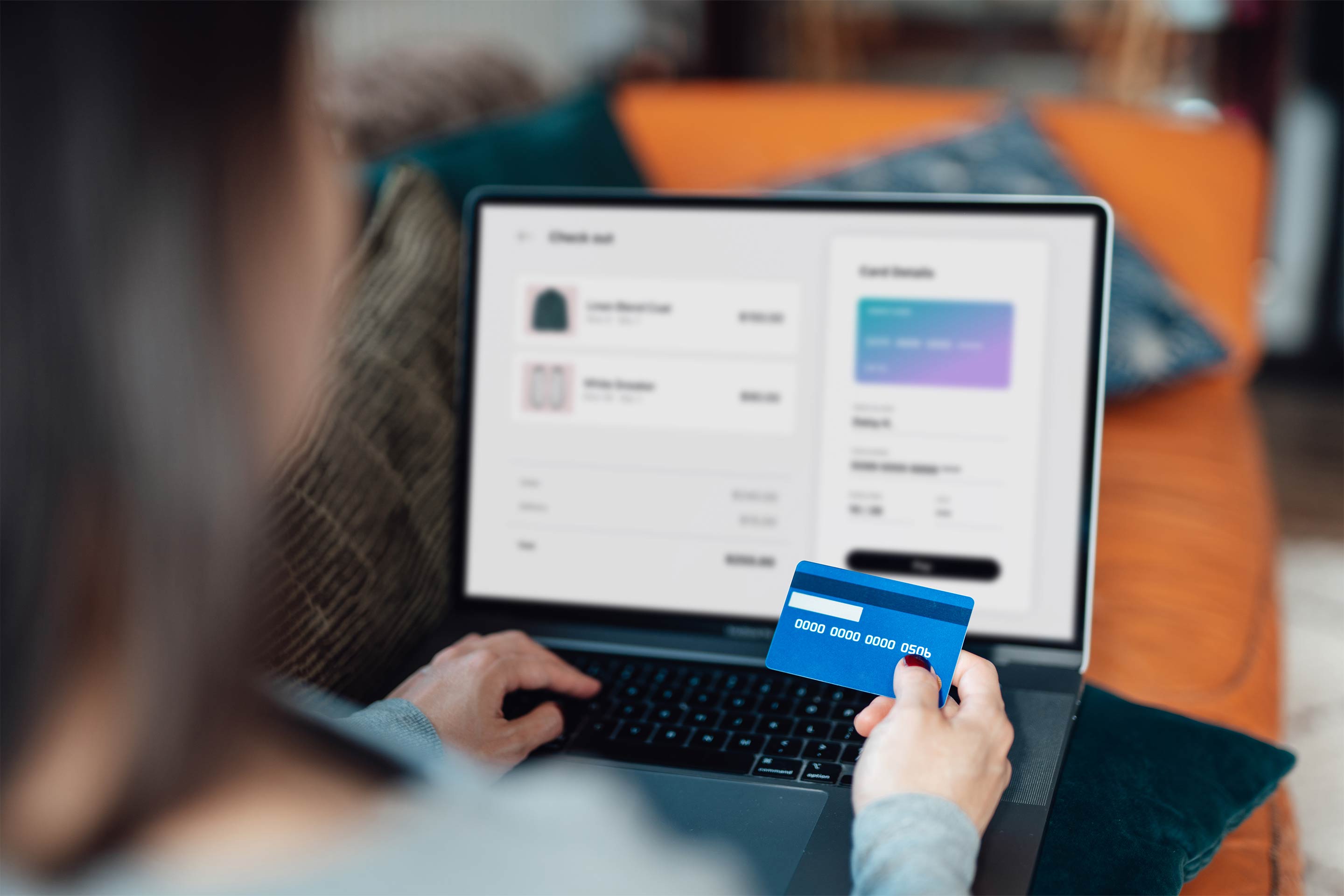

Finance
How To Find Credit Card CVV Number Online
Modified: March 1, 2024
Learn how to find your credit card CVV number online for safer online transactions. Improve your finance knowledge and protect your financial information.
(Many of the links in this article redirect to a specific reviewed product. Your purchase of these products through affiliate links helps to generate commission for LiveWell, at no extra cost. Learn more)
Table of Contents
Introduction
Welcome to the world of credit card transactions! If you’ve ever made a purchase using a credit card, you may have come across a three-digit number called the CVV (Card Verification Value) number. This seemingly random combination of numbers plays a crucial role in ensuring the security of online payments and protecting consumers from fraud.
Understanding and knowing the importance of the CVV number is essential for anyone who frequently uses credit cards for online transactions. In this article, we will explain what a CVV number is, why it is necessary, and provide guidance on how to find a credit card’s CVV number online.
Before we dive in, let’s clarify that the methods we will discuss relate to finding your own CVV number, as it is unethical and illegal to seek out and use someone else’s credit card information against their will. It is crucial to respect privacy and comply with legal and ethical guidelines when it comes to handling sensitive financial information.
Now, let’s delve into the world of CVV numbers and unravel their significance in securing online transactions.
Understanding CVV Numbers
A CVV number, also known as a Card Verification Value or Card Verification Code, is a three- or four-digit number printed on the back or front of a credit or debit card, separate from the card number itself. It acts as an additional security feature to authenticate card-not-present transactions, such as online or over-the-phone purchases.
The CVV number is generated using a mathematical algorithm and is unique to each card. Its purpose is to ensure that the person making the transaction possesses the physical card and has not obtained the card number through unauthorized means.
Major credit card companies, including Visa, Mastercard, and American Express, utilize CVV numbers to enhance the security of their cardholders’ transactions. Visa and Mastercard use a three-digit CVV number, while American Express uses a four-digit CVV number. These numbers are not embossed on the card and are printed flat, making it difficult for someone to capture them using traditional card skimming methods.
It’s important to note that the CVV number is different from the magnetic stripe or chip on the card, which contains other encoded information. The CVV number (also known as a CVC or CVV2 number) is only used for verifying online or over-the-phone transactions.
Now that we have a clear understanding of what a CVV number is, let’s explore why it is vital for online transactions and the security of credit card users.
Why Do You Need a CVV Number?
The CVV number serves as an extra layer of security for credit card transactions, particularly those conducted online. Here are a few reasons why CVV numbers are crucial:
- Verification: The primary purpose of a CVV number is to verify that the person making the transaction has physical possession of the credit or debit card. Since the CVV number is not stored in the card’s magnetic stripe or chip, it cannot be easily obtained by unauthorized parties.
- Fraud Prevention: CVV numbers act as a deterrent to fraudsters who might attempt to make unauthorized purchases using stolen card information. By requiring the CVV number, online merchants can ensure that the person making the transaction is the legitimate cardholder and not a fraudster using stolen card details.
- Card-Not-Present Transactions: In online or over-the-phone transactions where the physical card is not present, the CVV number provides an additional verification step. This helps to reduce the risk of fraudulent transactions since the CVV number is typically not known by unauthorized individuals.
- Consumer Protection: By requiring the CVV number, credit card companies and online merchants can mitigate the risk of chargebacks and disputes. This ensures that the responsibility for the transaction lies with the authorized cardholder and not fraudulent individuals attempting to make unauthorized purchases.
Overall, the CVV number plays a vital role in safeguarding online transactions and protecting consumers from unauthorized use of their credit or debit cards. It adds an extra layer of security and helps to minimize the risk of fraudulent activities in the digital world.
Now that we understand why the CVV number is essential, let’s address the legal implications of finding credit card CVV numbers online.
Is It Legal to Find Credit Card CVV Numbers Online?
Finding and using someone else’s credit card CVV number without their authorization is illegal and unethical. It is crucial to understand and respect the legal and moral boundaries when it comes to handling sensitive financial information.
The CVV number is designed to be kept confidential and should only be known by the cardholder. It is not meant to be shared or disclosed to anyone else. Attempting to find or obtain someone else’s CVV number online is considered fraudulent activity and is punishable by law.
Engaging in illegal activities such as attempting to find CVV numbers online can lead to severe consequences, including criminal charges, fines, and imprisonment. It is essential to respect the privacy and security of individuals’ financial information and use it responsibly.
If you are looking for your own CVV number, it is generally safer and more advisable to refer to the physical card itself or contact your credit card issuer for assistance. They can guide you on how to locate the CVV number without resorting to potentially illegal methods.
Remember, when it comes to financial matters, it is always best to prioritize legality, ethics, and responsible behavior. Maintaining the integrity of online transactions and protecting personal and financial information is everyone’s responsibility.
Now, let’s move on to the steps you can follow to find your credit card’s CVV number online.
Steps to Find Credit Card CVV Number Online
If you need to find your own credit card’s CVV number online, here are some steps you can follow:
- Check the back of your card: For most credit cards, the CVV number is located on the back of the card. It is typically printed at the end of the signature panel, following the last few digits of your credit card number. The CVV number is a three-digit code for Visa and Mastercard, while American Express uses a four-digit code located on the front of the card.
- Verify online account access: If you have an online banking or credit card account, log in to your account using the appropriate credentials. Once logged in, navigate to the section that displays your credit card details. You may find the CVV number listed along with other card information.
- Contact your card issuer: If you’re unable to find the CVV number through the previously mentioned methods, you can contact your credit card issuer directly. Customer service representatives can assist you in locating the CVV number or provide guidance on how to find it.
- Use mobile banking apps: Some credit card issuers offer mobile banking apps that provide access to card information. Install the relevant app for your credit card issuer, log in to your account, and navigate to the section that displays your card details. Here, you may find the CVV number listed.
- Review your card statements: If you receive paper or digital credit card statements, review the statement for any information regarding the CVV number. While this method may be less common, some issuers may include the CVV number for reference purposes on statements.
Remember, the CVV number should be kept confidential and not shared with anyone. Be cautious when entering it online and ensure that you are on a secure and trusted website for transactions. Protecting your CVV number is vital in maintaining the security of your credit card and preventing unauthorized use.
Now that you know how to find your credit card’s CVV number online, let’s discuss some safety precautions to keep in mind while handling this sensitive information.
Safety Precautions
While finding your credit card’s CVV number online, it is essential to follow certain safety precautions to protect your personal and financial information. Here are some important guidelines to keep in mind:
- Ensure a secure connection: Always ensure that you are using a secure and trusted internet connection when accessing your credit card information online. Avoid using public Wi-Fi networks, as they may be susceptible to unauthorized access and eavesdropping.
- Verify website security: When entering your CVV number on a website, make sure the website is secure. Look for a padlock symbol in the browser’s address bar or an “https” prefix in the website’s URL. These indicators confirm that the connection between your device and the website is encrypted and secure.
- Avoid sharing your CVV number: Never share your CVV number with anyone, whether it’s through email, text message, or phone call. Legitimate organizations that require your CVV number will not ask you to provide it through these channels, as they understand the importance of keeping this information confidential.
- Regularly monitor your accounts: Keep a close eye on your credit card transactions and statements. By monitoring your accounts regularly, you can quickly identify any suspicious activity or unauthorized charges and report them to your credit card issuer immediately.
- Be cautious with online merchants: Only provide your CVV number when making online purchases from trusted and reputable merchants. Avoid entering the CVV number on unfamiliar or suspicious websites, as they may be fraudulent and attempt to misuse your information.
- Enable two-factor authentication: Many credit card issuers offer the option to enable two-factor authentication (2FA) for added security. This involves verifying your identity through an additional method, such as a unique code sent to your mobile device, before completing a transaction.
- Keep your devices secure: Ensure that your devices, including smartphones, tablets, and computers, are protected with up-to-date antivirus and anti-malware software. Regularly update your operating system and apps to minimize security vulnerabilities.
By following these safety precautions, you can minimize the risk of unauthorized access to your CVV number and protect yourself from financial fraud. Remember, vigilance and responsible handling of financial information are key to maintaining a secure online presence.
Now let’s wrap up and summarize the key points we’ve discussed.
Conclusion
Understanding the importance of credit card CVV numbers is essential for anyone conducting online transactions. The CVV number acts as an additional layer of security, verifying that the person making the transaction possesses the physical card. It helps prevent fraud and protects both consumers and merchants.
While finding your own credit card’s CVV number online is legal and within your rights as the cardholder, it is important to emphasize the ethical and legal boundaries surrounding the handling of sensitive financial information. It is illegal and unethical to seek out and use someone else’s CVV number without their authorization.
By following the proper steps, such as checking the back of your card, accessing your online banking account, contacting your card issuer, or using mobile banking apps, you can safely locate your CVV number. Remember to practice caution and protect your personal information throughout the process.
Always prioritize safety when handling your credit card information online. Use secure connections, verify website security, avoid sharing your CVV number, monitor your accounts regularly, and be cautious with online merchants. By taking these precautions, you can minimize the risk of unauthorized access and protect yourself from financial fraud.
Remember, the CVV number is a valuable tool in ensuring secure online transactions. Respect the privacy and security of your own CVV number, and be aware of the legal and ethical responsibilities that come with handling sensitive financial information.
With this knowledge and understanding, you can confidently navigate the world of credit card transactions, benefiting from the convenience of online shopping while safeguarding your financial well-being.
